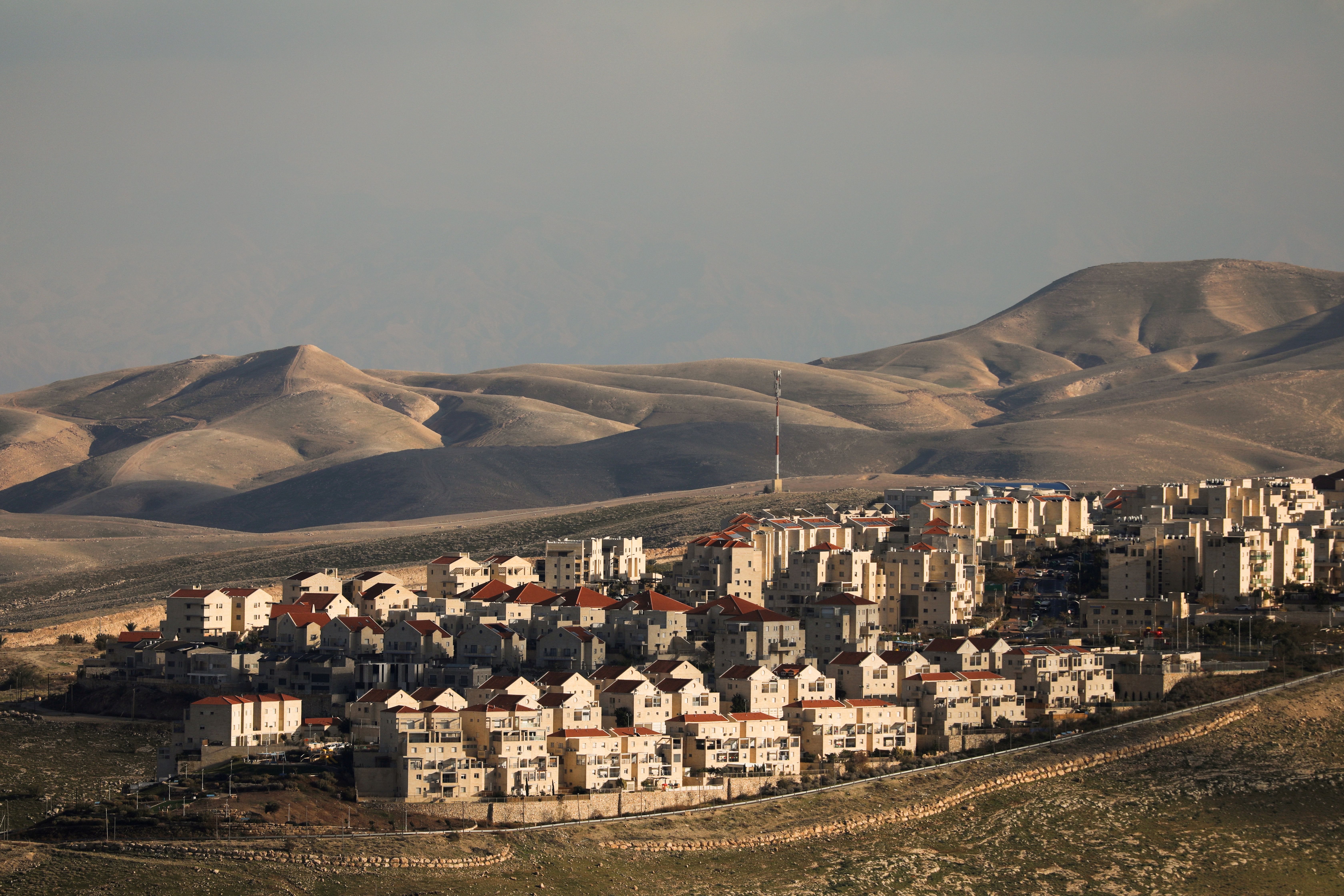April 10, 2019
The West Bank is a 2,180-square-mile patch of landlocked territory home to 2.6 million Palestinians and more than half a million Israeli settlers. Recurring conflict between Israelis and Palestinians has left the territory's fate up for grabs, though Israel has had de facto control over much of the West Bank for decades. The use of the term "Palestinian Territories" refers to the West Bank and Gaza Strip, a small piece of land bordering Egypt over which Palestinians also have semi-autonomous control. Two competing governments claim to speak for the Palestinian people, one in the West Bank and the other in Gaza. In 2012, the UN General Assembly voted to grant Palestine "non-member observer" status, though the Palestinian quest for autonomy and a "two-state solution," whereby an independent State of Palestine resides alongside the State of Israel, has been undercut by unresolved questions regarding borders, refugees, security and the city of Jerusalem, which both sides claim as their capital.
More For You
- YouTube
China was largely absent from the core conversations at the 2026 Munich Security Conference. That, says Ian Bremmer, is telling.
Most Popular
- YouTube
At the 2026 Munich Security Conference, Brad Smith announces the launch of the Trusted Tech Alliance, a coalition of global technology leaders, including Microsoft, committing to secure cross-border tech flows, ethical governance, and stronger data protections.
When the US shift from defending the postwar rules-based order to challenging it, what kind of global system emerges? CFR President Michael Froman joins Ian Bremmer on the GZERO World Podcast to discuss the global order under Trump's second term.
TODAY at 12 pm ET: Watch our Global Stage live premiere from the Munich Security Conference
Feb 13, 2026
Tune in today at 12pm ET/6pm CET for the live premiere of our Global Stage from the 2026 Munich Security Conference, where our panel of experts takes aim at the latest global security challenges. NY Times National Security Correspondent David Sanger moderates the discussion with Benedetta Berti, Secretary General, NATO Parliamentary Assembly; Ian Bremmer, President & Co-founder, Eurasia Group & GZERO Media; Dr. Wolfgang Dierker, Global Head of Government Affairs, SAP; and Brad Smith, Vice Chair & President, Microsoft.
© 2025 GZERO Media. All Rights Reserved | A Eurasia Group media company.
